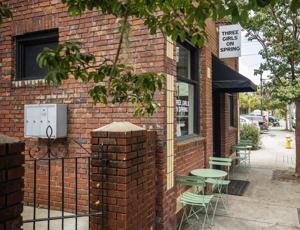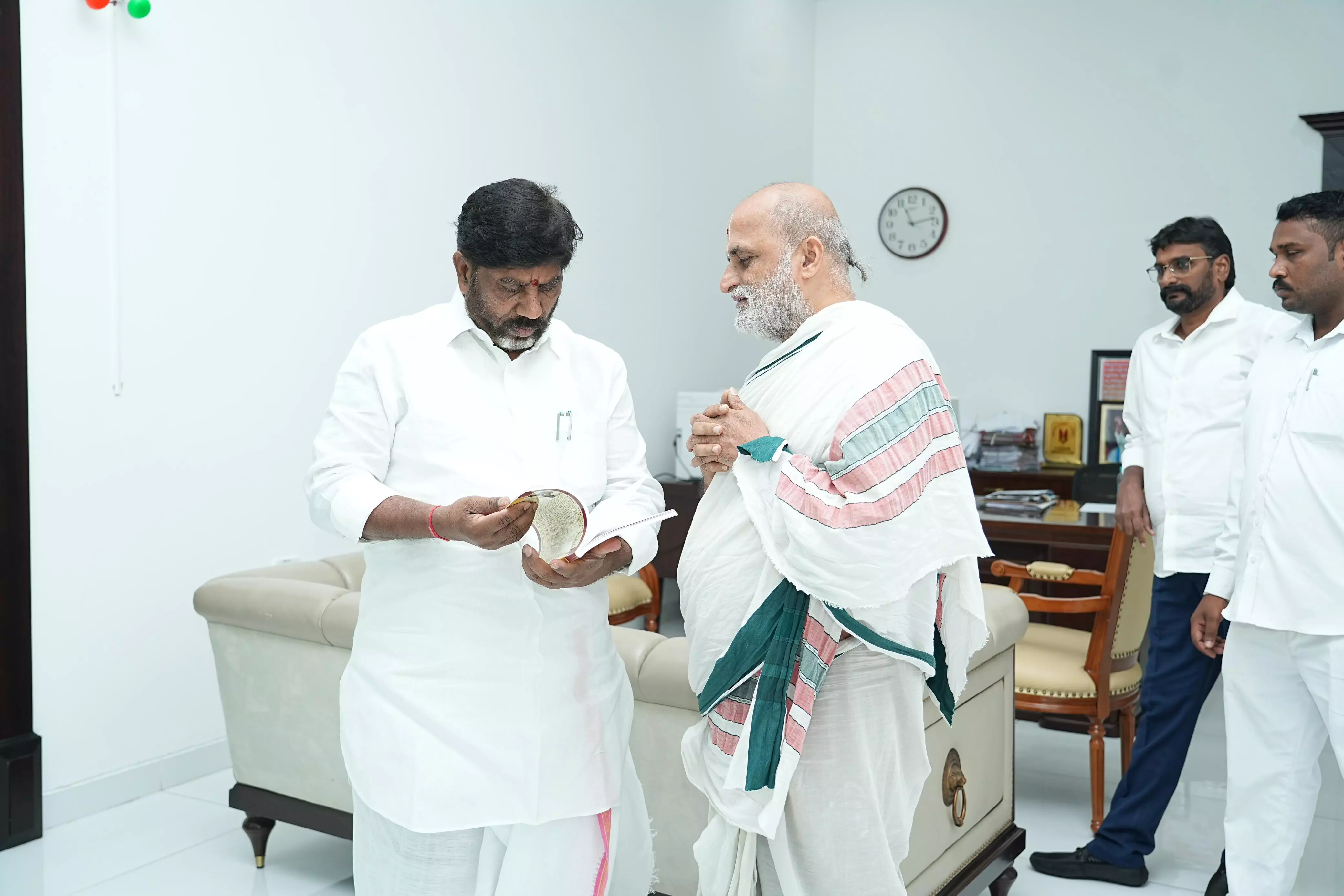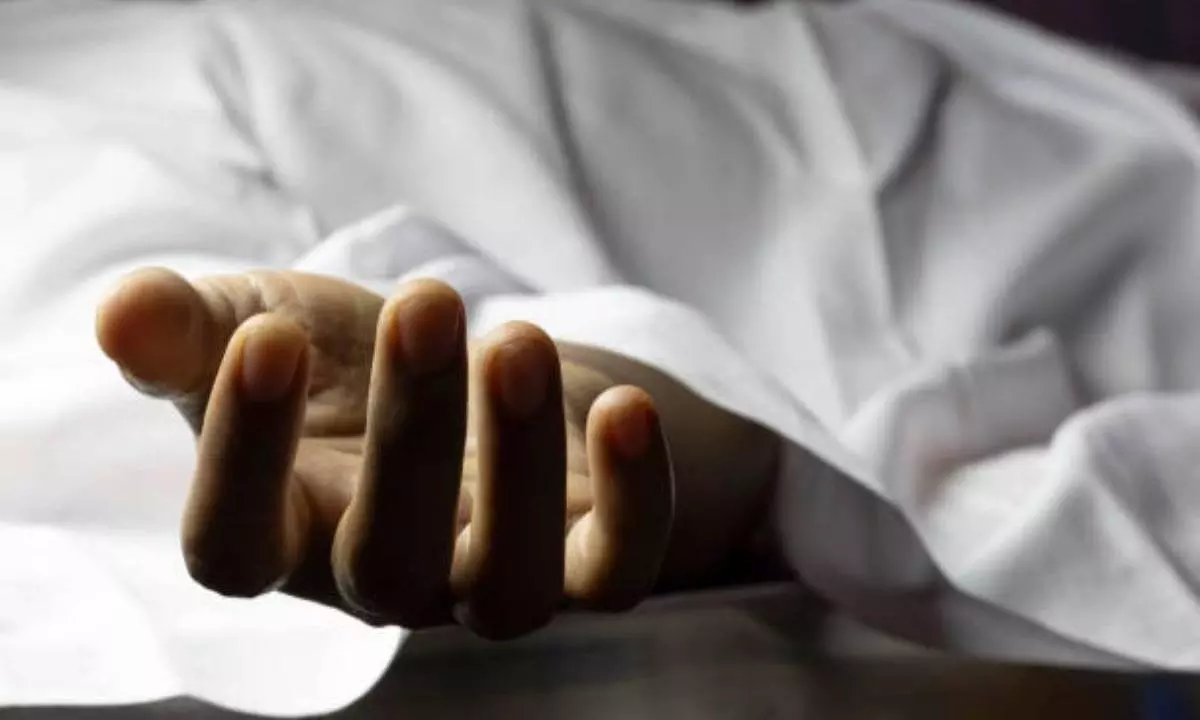Thousands of global health volunteers, most from the United States, travel to Africa every year . These volunteers come from diverse backgrounds and have varying levels of experience. They include surgeons, anaesthesiologists, nurses and medical students.
They arrive with the ambition to improve health outcomes in Africa and learn about "global health". In my research I have studied the impact of these volunteers in Zambia. Between 2014 and 2016, I conducted research at a rural hospital where medical volunteers from the US provided various forms of medical care, including eye surgeries, caesarian sections, and treatments for malaria, tuberculosis and HIV.

In my latest research paper I examine how the presence of these volunteers affected the lives and relationships of people in Zambia. My key finding is that the presence of medical volunteers caused damage to the relationships between Zambian health professionals and patients. I identify this as a kind of "relational harm".
These findings are important because relationships are central to the delivery of effective healthcare. Clinical care requires material infrastructure: power, water, hospital beds, medical gloves and technical devices. But it also requires strong relationships of cooperation, trust and mutual recognition.
I conclude from my findings that academics, volunteers, and global health organisations should pay more attention to the "relational harm" that volunteering can cause in under-resourced settings where pri.























